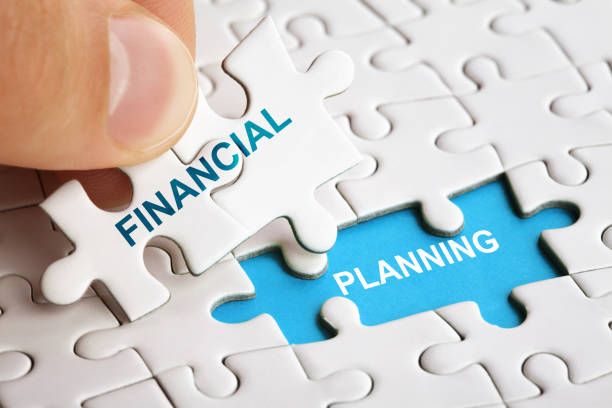
Effectively managing expenses in business is akin to walking a tightrope. While spending is necessary for growth, meticulous planning around both fixed and variable expenses is essential to safeguard profitability and prepare for unforeseen challenges. By understanding the nuances and impacts of these two types of expenses, businesses can better strategize their financial management. This article delves into the disparities between fixed and variable expenses, their impact on cash flow, and actionable strategies to fortify your financial standing and future-proof your business.
Understanding Fixed and Variable Expenses –
What is a Fixed Expense?
Fixed expenses are costs that remain consistent month after month, regardless of production levels or hours worked. These costs are typically predetermined through contracts or agreements, with minimal fluctuation over time. Although there may be occasional price adjustments during the term of the agreement, these are generally predictable.
Examples of Fixed Expenses:
– Rent payments
– Vehicle leases
– Insurance premiums
– Interest payments
– Internet service
– Salaried employees
What is a Variable Expense?
Variable expenses fluctuate based on production levels and business activity. As production increases, so do expenses related to utilities, labor, and other variable costs.
Examples of Variable Expenses:
– Raw material costs
– Labor costs
– Utility expenses
– Sales commissions
– Business travel
– Freight and shipping
Impact on Cash Flow Management –
There’s a direct correlation between fixed and variable expenses and cash flow. The more expenses you have, the more revenue you need to generate to remain profitable. Balancing these expenses is crucial for maintaining profitability and operational continuity.
Fixed expenses provide a stable baseline for budgeting but lack flexibility due to contractual obligations. Conversely, variable expenses offer flexibility, allowing businesses to adjust spending based on demand or market conditions.
Stability versus Flexibility
– Fixed Expenses: Provide stability and predictability but may be inflexible due to contractual commitments.
– Variable Expenses: Offer flexibility to adjust spending based on business activity, but are less predictable.
Planning and Forecasting
– Fixed Expenses: Require careful planning to ensure sufficient cash flow for ongoing operational costs.
– Variable Expenses: Require accurate forecasting to prevent overspending or underspending, helping maintain optimal inventory levels and meet customer demand.
Decision-Making and Strategic Management –
Both fixed and variable expenses influence strategic cash flow management and decision-making. While reducing expenses can alleviate financial strain, strategic investments in areas like marketing and sales may be necessary to drive revenue growth.
Reducing Fixed Costs
– Transition to a shared office space.
– Renegotiate contracts at renewal to lower costs or switch to alternate providers.
Managing Variable Costs
– Negotiate with suppliers for extended credit and payment terms.
– Adjust staffing levels in seasonal businesses based on demand fluctuations.
– Employ AI and automation to detect and prevent expense fraud.
Future-Proofing Financial Strategies
Businesses need to build agility and adaptability into their financial strategies to handle unexpected changes and seize opportunities. Here are some strategies to future-proof your financial management:
Employ Strong Expense Controls
– Establish a robust budgeting process to monitor and track spending.
– Implement clear expense policies and use an expense management platform to ensure compliance and reduce fraud.
Leverage Data
– Track and analyze historical financial data to uncover trends.
– Use data analytics and forecasting tools to make informed decisions about resource allocation.
Improve Flexibility
– Negotiate flexibility in contracts, such as shorter commitment periods or variable cost structures.
– Develop contingency plans for managing expenses during economic downturns or supply chain disruptions.
Build Resilience
– Manage cash flow smartly by building a cushion of liquid or near-liquid funds.
– Lower your debt burden to free up cash flow for future investments.
– Build strong relationships with key lenders, suppliers, and customers to secure favorable terms.
Seek Continuous Improvement
– Invest in your workforce and embrace new technologies.
– Experiment with innovative financial and operational models to stay aligned with industry trends.
Controlling Costs and Cash Flow
Effectively managing both fixed and variable expenses is foundational to sound financial management. By implementing tailored strategies to control costs and optimize cash flow, businesses can enhance their financial resilience and position themselves for sustained growth. Air Retailer is a cloud-based expense management solution that can help businesses automate, accelerate, and improve expense management. Air Retailer provides tools to track expenses accurately and promptly, ensuring leaders have the visibility they need to make critical, real-time decisions about finances, budgets, and strategic priorities. Optimize your financial management with Air Retailer and ensure your business is well-prepared for the future. For more information, visit www.airretailer.com




